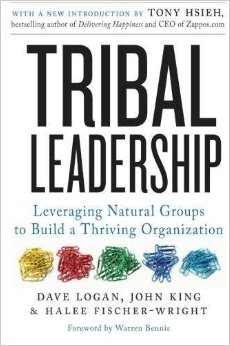On "Millennials Are Changing The Workplace"
The future of work is a hot topic of discussion among many leaders and HR professionals we know and work with. Millennials will soon make up more than 50% of the US workforce. Their unique experiences, perspectives and set of expectations are forcing changes in how work gets done in companies, how teams are managed, and other talent practices. With our focus on talent management this year, we think this article is a must-read because it highlights ideas to consider implementing in your talent management practices.
In the hr.com article, “Millennials Are Changing The Workplace: 3 ways they are altering your talent management initiatives,” the author, Tarik Taman, shares examples of changes companies have made to adapt to Millennials. From management practices to development opportunities and access to social media at work, read the article to learn more about how these shifts are working for all, not just Millennials.
MORE